from 0 review
7 Nights
Daily Tour
10 people
___

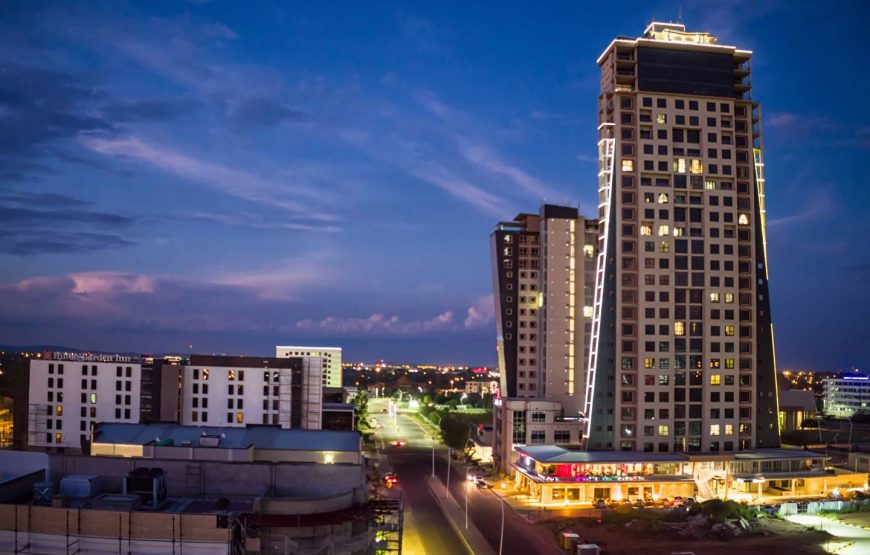





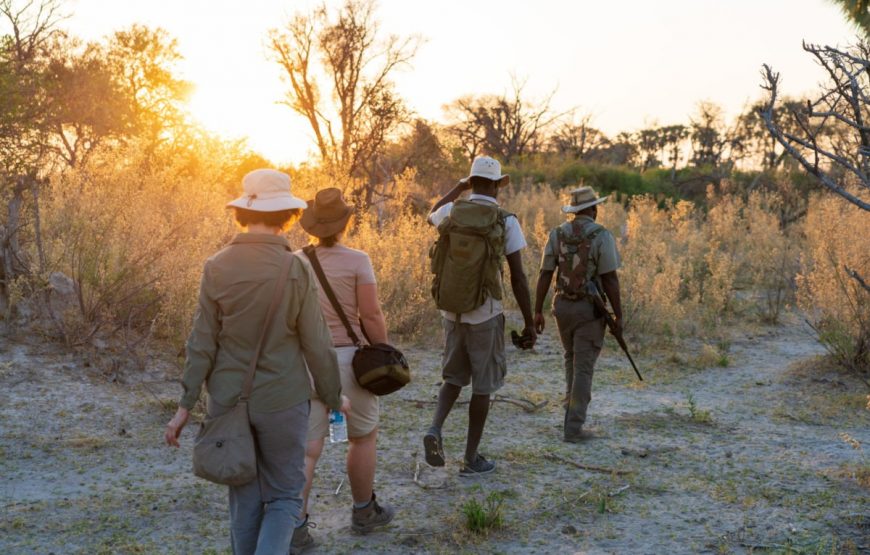
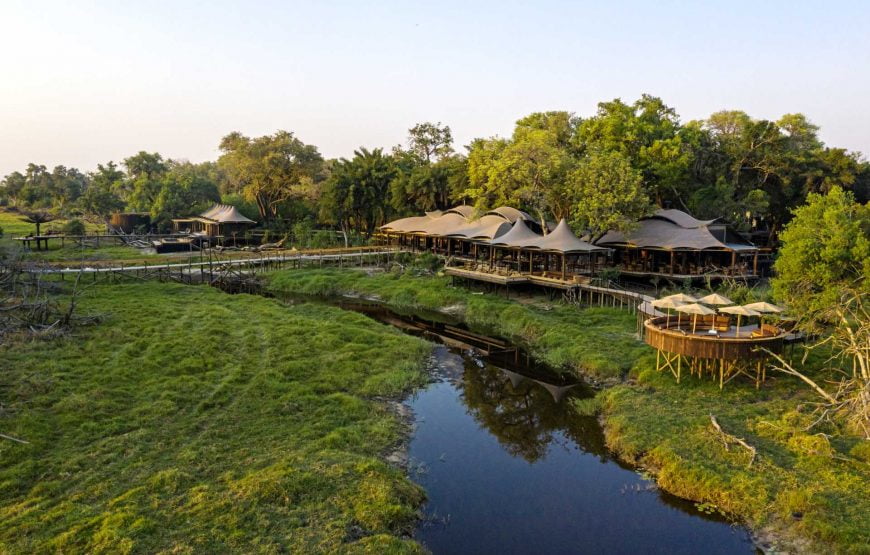
Grading: distance covered each day on trek is between 10 and 14kms, the terrain is mostly level, firm underfoot with a clearly defined track. Care should be taken on loose rocks on day1 and suitable for anyone of average fitness. There is Cell phone coverage on most of the routes with phones in the villages. Accommodation and food are provided by Batswana families in traditional homesteads with basic washing facilities and long-drop latrines. Lunch each day is made by the group and the last night is a self-catering wild camp.
This trek is accompanied by a local guide.
Pre-departure briefing Introductions: lipsol, 2litre water container on average for each person, comfortable, strong well used walking shoes, gifts, field studies guidelines, the route. Discuss with the group the trek.

Pick-up to be arranged to take you to your lodge, depending on the time of arrival you may have time to relax and later on go to a local mall to meet local people and interact with some locals.
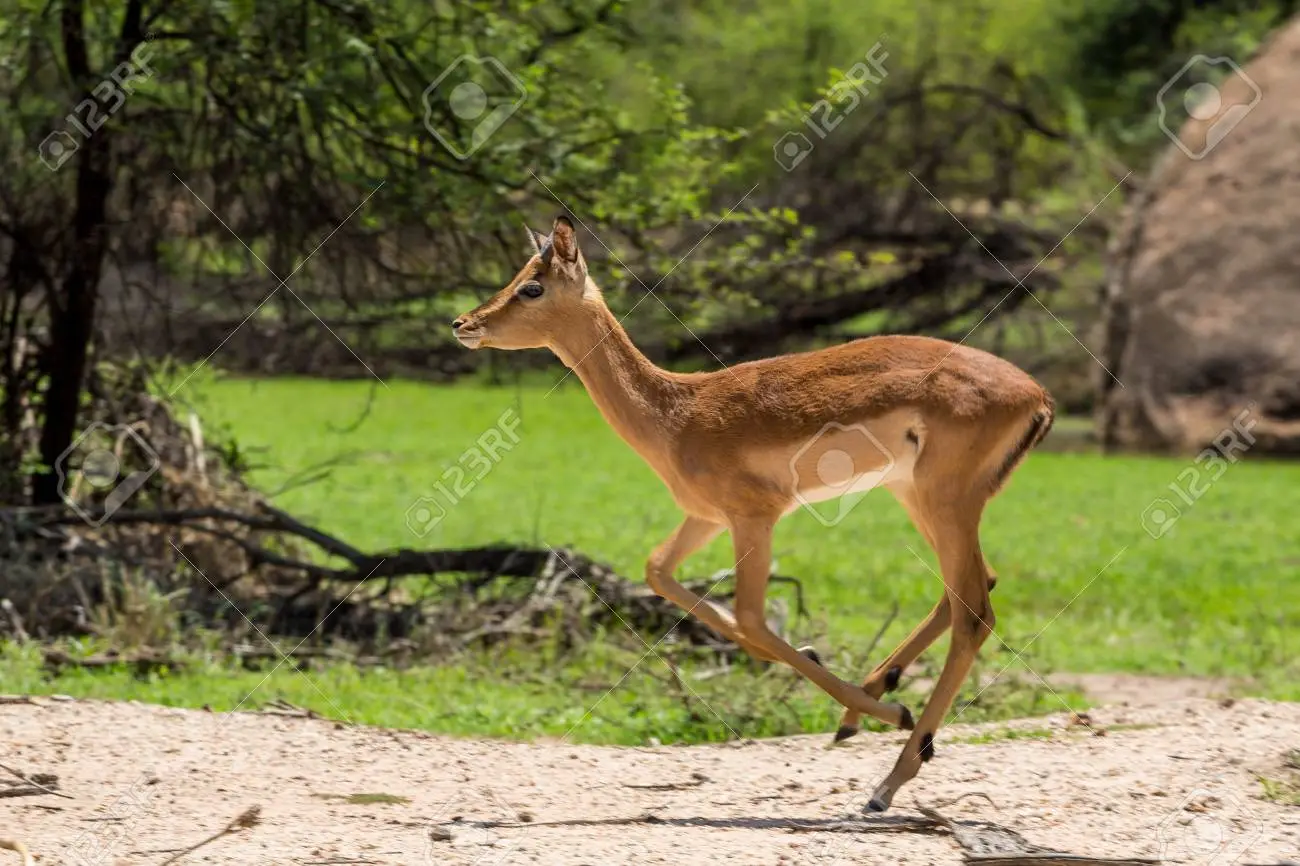
On day 2 enjoy a city tour combined with a Gaborone Game Reserve tour, later in the day go shopping for lunches to carry on the trek.

On the first evening stay with a family in Ranaka village about an hour drive from Gaborone. The accommodation is simple but adequate in thatched rondavels.
The evening meal is a traditional Setswana dish and while that is being prepared the group may take a guided tour of the village. Back at the homestead join the hosts sitting under the stars eating and chatting. Visitors usually seem to slip easily into the pattern of village life, falling asleep early.

Early wake-up call with a hot drink and after breakfast, again prepared on the fire, set off into a deep gorge and then onto the Lohawa Hills which loom over Ranaka. This is the most rugged section of the trek with a short scramble out of the gorge.
The next section over the top of the hills is wild, with no footpath, and a compass bearing 60o. The Kolobeng River rises in the valley beneath the prominent Pyetle Hill. Even during the dry season this area is moist and is a habitat for rare orchids. The local guide will point out plants, animal life, and other things of interest. Following the river valley through a well-wooded landscape, you make it to the day’s destination, an old cattle post, soon after midday.
After lunch, the owners of the cattle post will show you around explaining traditional farming techniques. There may be an opportunity to help with the harvest, depending on the season. Later there is an opportunity to help prepare the evening meal or to walk up to a viewing point and watch the sun go down while collecting firewood. That evening, there is little sign of the 21st century. This is a setting in which little has changed for generations. [Distance 14kms]

The fifth day starts early with the sounds of cows being milked, (participants can try their hand) and bird song. The route continues mostly along the river valley passing through a changing landscape of woods, bush, fields, and rock outcrops.
This is typical rural Botswana or ‘Masimu’. The Kolobeng has water all year round along the lower section making it green and attracting a variety of birds even during the dry Botswana winters. Arrive in Manyana village after mid-day for a reception provided by the village. Manyana is well known for its Bushman rock paintings which can be visited after the reception. Another point of interest is the massive Rock Fig tree where Dr. Livingstone preached. Accommodation for the night is with the Mothei family. [Distance 10 kms]
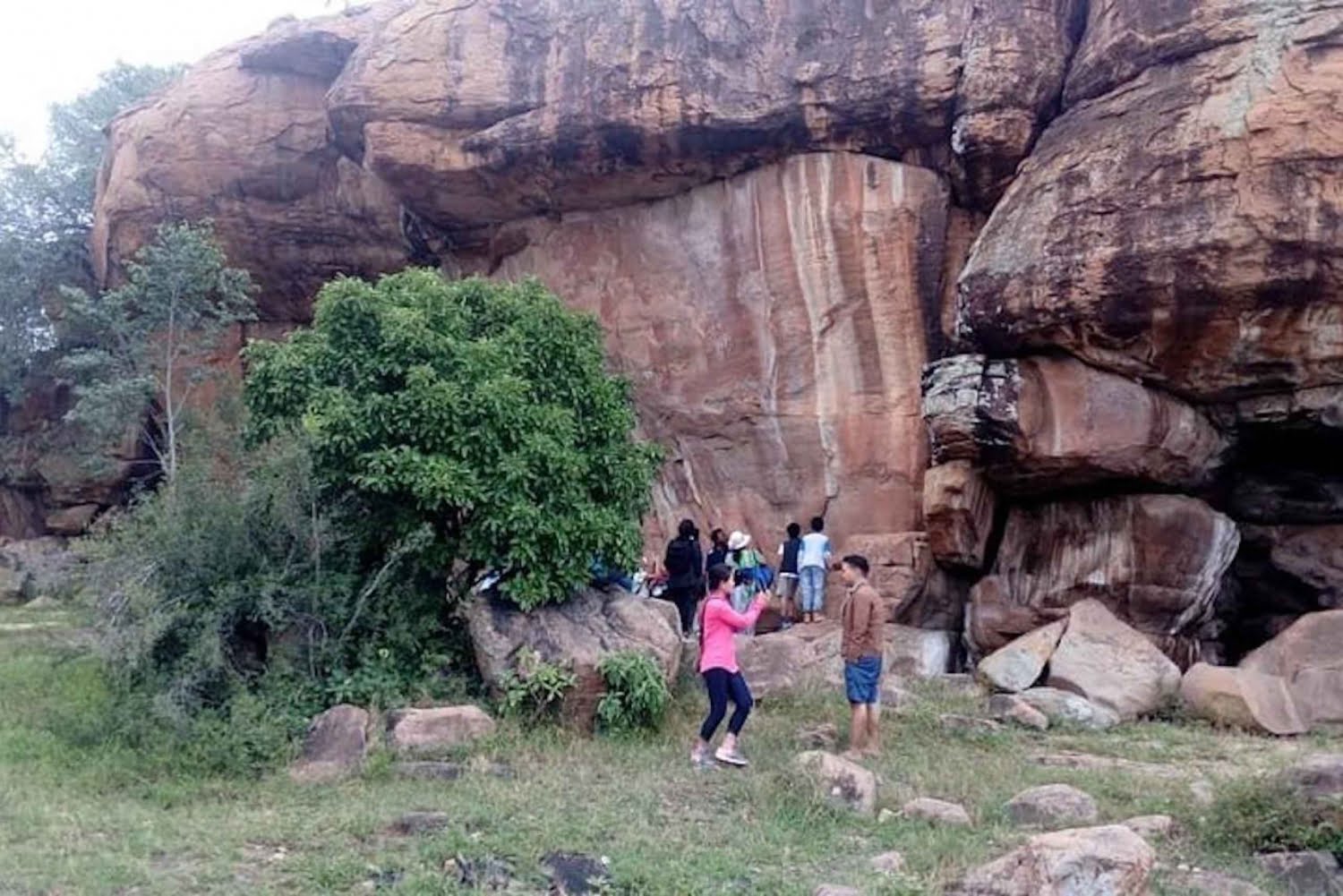
Walk along the river and your guide will choose a viewpoint of the Dimawe Hill, the site of the battle in 1852 between the Boers and Sechele the Bakwena chief. This hill complex which was both hideaway and a lookout point for the local people contains the stone circle remains of an early settlement and offers superb long-distance views. The other route follows the old dirt road to Mankgodi village.
Two other points of interest in Mankgodi which can be visited with a short detour are a village crafts shop and a traditional doctor. MMA Mopheme finds all the ingredients for her wide range of medicines in the bush. The destination for the day is the Bahurutse Cultural Lodge. Run by local people of the Bahurutse tribe the rondavel accommodation is laid out in a traditional village style. There is a traditional dance performance after dinner [Distance 8kms]

Transport will be arranged to pick you from Mankgodi to Gaborone, on the way you will visit a local pottery-making shop, to get so souvenirs for those you left at home.

Departure day, transport arranged to drop you off at the airport.
Leave a review